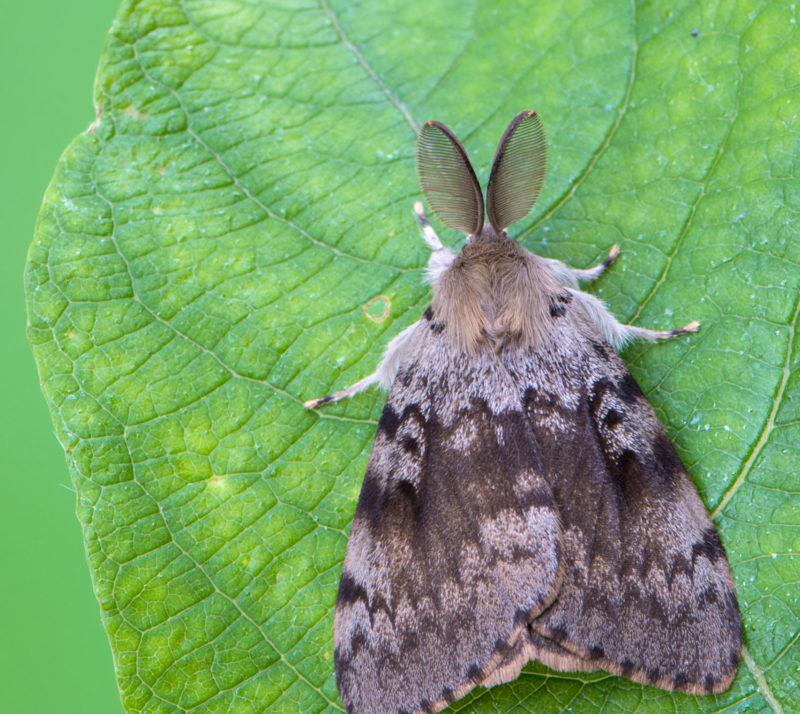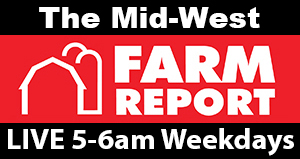
The Wisconsin Department of Agriculture, Trade and Consumer Protection (DATCP) plans to treat select areas in 10 western Wisconsin counties for spongy moth (Lymantria dispar) starting in mid to late May. Residents can expect a loud, low-flying plane as early as sunrise.
A small yellow plane will be treating for invasive spongy moth caterpillars. These non-native pests defoliate many kinds of trees and plants during their caterpillar stage, causing tree stress and potentially tree death. In an attempt to slow their spread, treatment efforts will be focused in western Wisconsin, where spongy moth populations are low or beginning to build.
“The spongy moth is well-established in the eastern two-thirds of Wisconsin, where it has become a periodic public nuisance and forest-damaging pest,” said Michael Falk, DATCP Forest Entomologist. “DATCP will use effective and environmentally-sound aerial treatment methods to slow its spread into the relatively uninfested western part of the state, thereby limiting its impacts.”
The harmful effects of spongy moths include the cost of removing dead trees and potential loss of property value. In addition, caterpillars shed their skins several times as they feed, and these bristly skins can irritate the eyes, skin, and the respiratory system in humans.
Treatments are expected to begin in Wisconsin in mid to late May and end in mid-July. Maps of treatment areas are available at https://smaerialspray.wi.gov. Spraying will begin shortly after caterpillars hatch and depends on favorable weather conditions – calm winds, with no precipitation or high humidity. Planes may start applying treatments as early as 5 a.m., flying just above treetops over treatment sites, and continue until finished or as long as weather conditions remain favorable. Spraying may last into the late morning or early afternoon.
In mid-May to early June, the plane will spray Bacillus thuringiensis var. kurstaki (Btk), a naturally-occurring soil bacteria that kills spongy moth caterpillars feeding on treated canopy foliage. Btk is not toxic to people, bees, pets, or other animals. Some people with severe allergies may wish to stay indoors during nearby treatment applications. Btk is used in certified organic food production.
The following counties are scheduled to receive Btk aerial treatments: Chippewa, Crawford, Dunn, Grant, La Crosse, Lafayette, and Rusk.
In late June to mid-July, planes will spray an organic, biodegradable mating disruptor containing spongy moth pheromone. Pheromone treatments target adult male moths by inhibiting their ability to locate female moths.
The following counties are scheduled to receive mating disruptor aerial treatments: Barron, Chippewa, Crawford, Dunn, Grant, La Crosse, Lafayette, Vernon and Washburn.
To receive up-to-date information on treatment plans:
- Sign up for email updates.
- Call the hotline toll-free at (800) 642-MOTH.
- Email questions to [email protected].
- Follow DATCP on Facebook, Twitter, and Instagram.

Leave a Reply